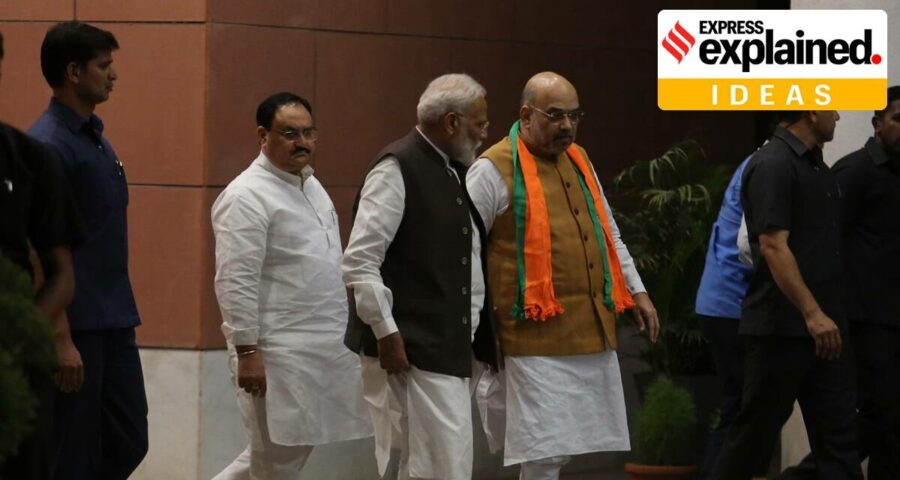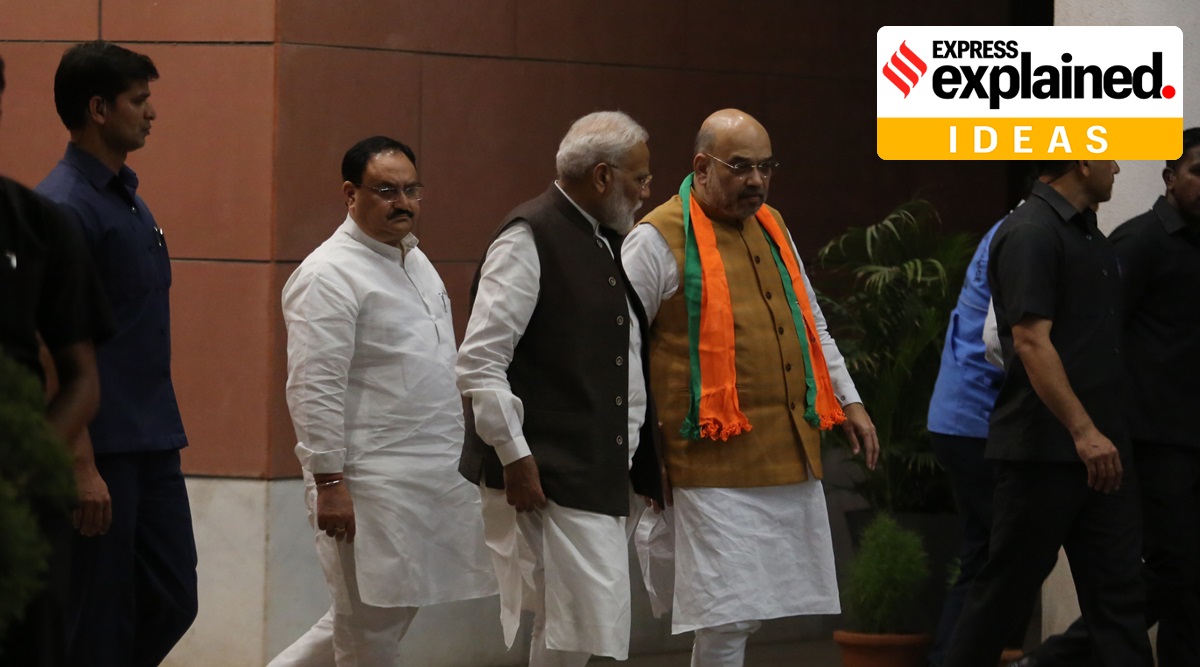A Chatham House report notes that overt Hindu nationalism of the ruling Bharatiya Janata Party is leading to a chorus of concern that intolerant majoritarianism is replacing the vision of a secular, democratic India bequeathed by Nehru.
On January 11, Chatham House, the century-old UK-based policy institute also known as the Royal Institute of International Affairs, published a report proposing a blueprint for Britain’s future foreign policy after Brexit. Titled “Global Britain, Global Broker”, the report sketches a bold path ahead for the UK.
Most strikingly, the Chatham House report groups India on the other side of a “new divide in international affairs — between open societies where citizens have the capacity to fight for their rights and those where these rights are denied”.
Along with Russia, Turkey and Saudi Arabia, India is classed as one of the “difficult four” countries, destined to count among the UK’s “rivals” or “awkward counterparts” as it pursues its global goals.
Kate Sullivan de Estrada, Associate Professor, International Relations of South Asia, University of Oxford, explains why the report, which is “in no way a statement on behalf of the UK government,” chose to characterise India as such.
“Part of the justification for labelling India ‘difficult’ centres on a critique of India’s domestic political developments,” she writes in her opinion piece in The Indian Express.
The report notes how “the overt Hindu nationalism of the ruling Bharatiya Janata Party is weakening the rights of Muslims and other minority religious groups, leading to a chorus of concern that intolerant majoritarianism is replacing the vision of a secular, democratic India bequeathed by Nehru”.
This is no trivial observation and it should surprise no one, least of all the Indian government. Behind closed doors across North Atlantic and European capitals, diplomatic concerns — usually unspoken in public — have been bubbling since 2014 about growing religious and other forms of intolerance and the suppression of critique and dissent in India’s domestic space.
The report also states that India is a reluctant supporter of liberal democracy, is “ambivalent” about human rights abuses within other states, and possesses “a long and consistent record of resisting being corralled into a ‘Western camp’”.
📣 JOIN NOW 📣: The Express Explained Telegram Channel
What can be done to resist and challenge the implicit and explicit conceptions in the Chatham House report?
The next two years will see India move into a critical period of high-profile international activity, both as an elected member of the UN Security Council and as host of the 2023 G20 Summit.
“India can leverage these positions of influence to centre a more demanding vision of internationalism that disrupts the civilisational and racialised hierarchies that linger from Europe’s imperial era,” she concludes.
Source: Read Full Article



